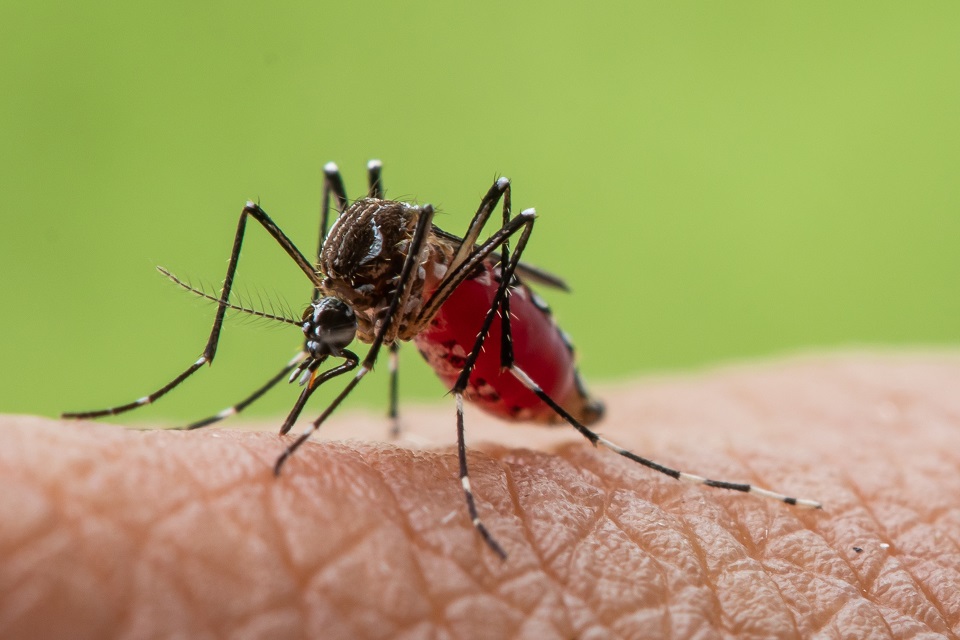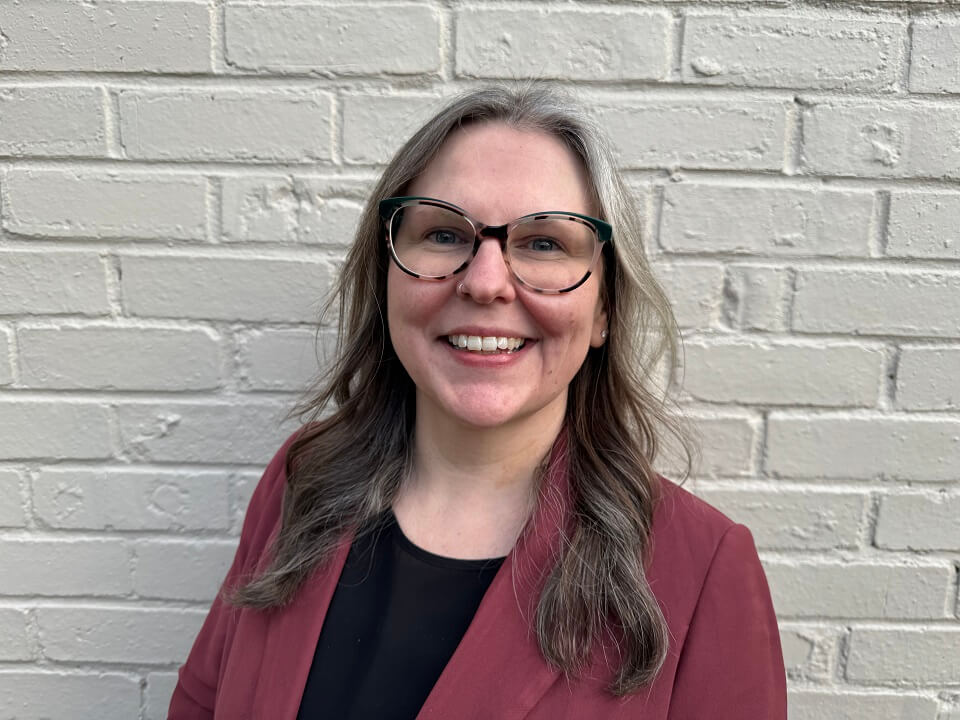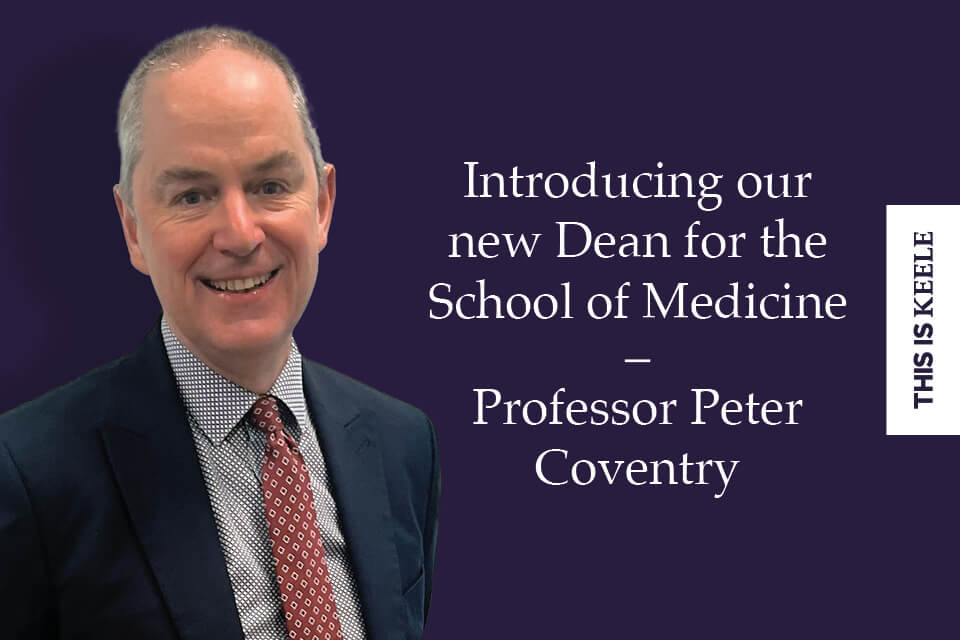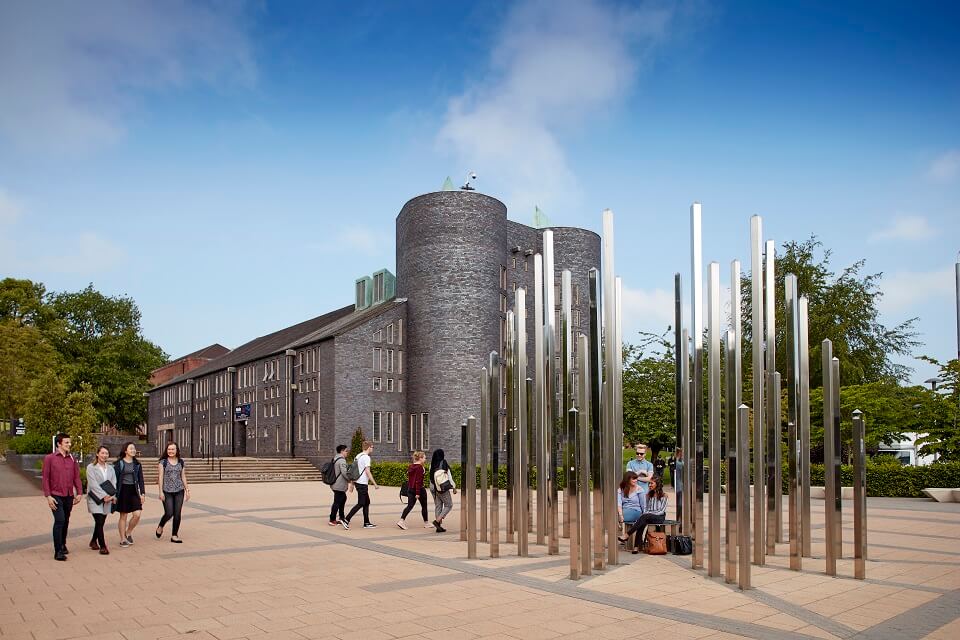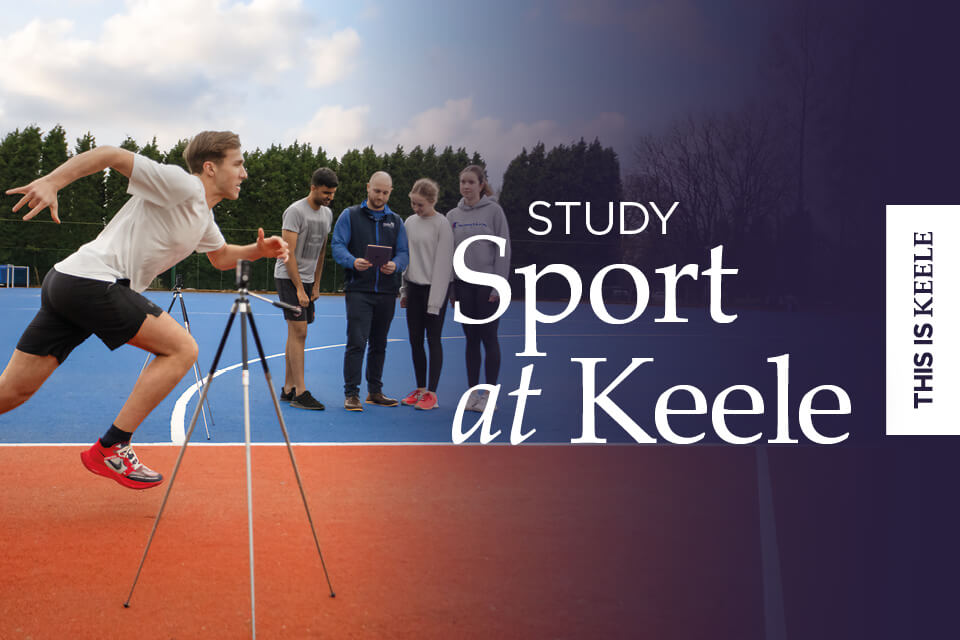Study at Keele
Located in the Staffordshire countryside and just five miles from Stoke-on-Trent, Keele is world-renowned for its breadth of teaching and research that tackles the world's most urgent problems.
- Britain's best university, as ranked by students
- Global Sustainability Institution of the Year
- 95% graduate employability
1) No.1 in the UK, Student Crowd University Awards, 2022
2) International Green Gown Awards, 2021
3) HESA Graduate Outcomes, 2019/20
Study at Keele
Whether you’re considering a foundation course or an undergraduate degree, a master's, PhD or an apprenticeship, Keele is a place where students thrive.
This is Keele
Established over 70 years ago, Keele created the blueprint for modern-day higher education in Britain.
Research
Keele is helping to change the world for the better by engaging in cutting-edge research. We’re tackling some of society’s most urgent challenges, including ageing, global health and renewable energy.
View all research newsExplore Keele
Keele is ideally situated near to the bustling university town of Newcastle-under-Lyme, Staffordshire, and minutes away from the city of Stoke-on-Trent. With so much on offer locally you’ll be spoilt for choice.
Upcoming events
What I learned from Professor Fumiko Yonezawa
Find out more about What I learned from Professor Fumiko Yonezawa
Facts and figures
No.1 in the UK Britain's best university, as ranked by students Student Crowd University Awards, 2022
95% graduate employability HESA Graduate Outcomes, 2019/20
Winner Global Sustainability Institution of the Year International Green Gown Awards, 2021
Top 10 in England for overall Student Satisfaction NSS 2021 (broad-based public universities)
Top 10 Students' Union National Student Survey, 2019
600+ acres One of Britain's biggest campuses





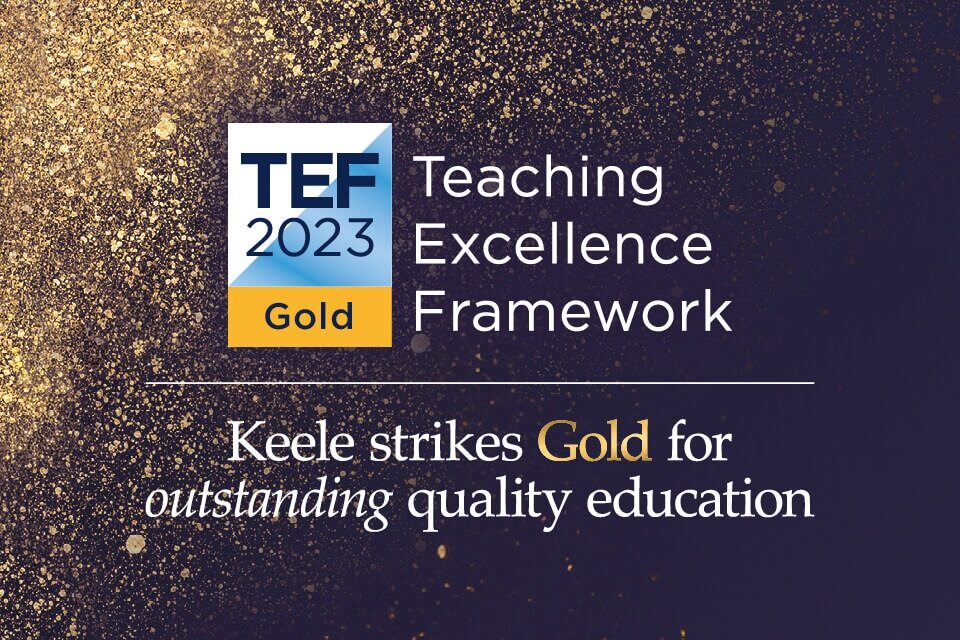


.jpeg)

